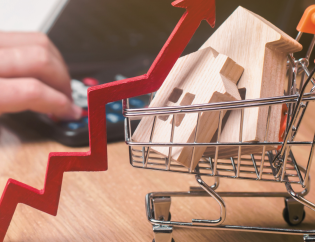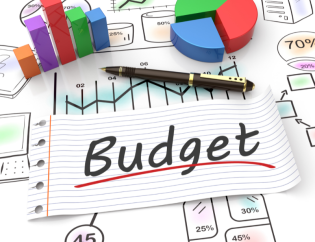Between Tuesday 12th May and Friday 15th May, EMCS conducted the 4th Market Research on COVID-19 in Malta
The study was carried out between Tuesday 12th May and Friday 15th May 2020. In total 498 individuals aged 18 and over were interviewed, with data being representative of the local population in terms of gender, age (18 and over) and location of residence with a margin of error of +/- 3.4% at 95% confidence interval.
In line with past surveys, the Maltese are overall satisfied with the way the government is handling the COVID-19 situation, both in terms of the health situation and the economic one. 72% of the general public is of the opinion that the government is handling the economic situation caused by COVID-19 in Malta well. Locals’ positive perception increased marginally (by 5%) when compared with the study conducted 2 weeks ago, though overall locals still have stronger positive views to how Government is handling the health situation (91% positive views as opposed to 94% 2 weeks ago).
71% expect the Government to come out with more financial assistance to support the economy (78% in the previous study).
With 65% responses, overall individuals who are currently in employment do not fear losing their job. That said, 19% are fearful (12% fearful and 7% extremely fearful). This represents an increase of 8% over the previous survey.
There are variances in responses between those working in the private sector as opposed to those in the public sector. 84% of those in the public sector are not fearful/ not fearful at all as opposed to 52% of those in the private sector. While the figure of those in the public sector has remained consistent (83% in the previous study), 28% of the private sector are fearful, an increase of 13% over the previous study.

Prior to COVID, 42% of respondents indicated shopping for non essential products once a month or more often with 18% indicating to do so twice to three times a month or more often.
Following the relaxation of restrictions, 17% of locals had gone shopping. Among those that has not yet gone, 10% indicated their likelihood of going within one month, while another 21% indicated their likelihood to go shopping for non essential products within 2 months.
Such figures imply that among regular shoppers (those that shop every 2 months or more often), COVID-19 is not anticipated to alter considerably their shopping habits.











